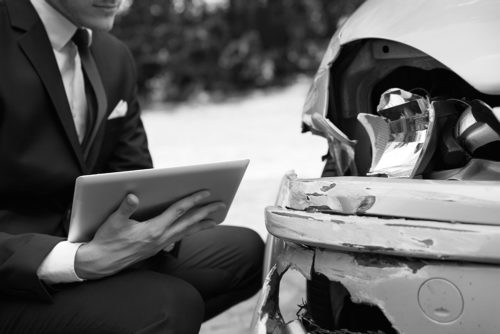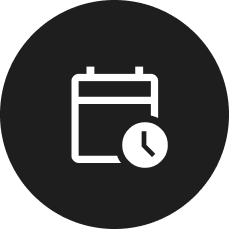Dealing with repairs to your vehicle after a car accident can be the most frustrating part of a motor vehicle accident claim.
The personal injury lawyers and car accident lawyers at Cowan & Hilgeman have helped countless clients navigate the claim process to make sure their vehicle was properly repaired and compensation paid for any lost value. The Ohio Department of Insurance, Guide to Automobile Insurance, provides the following information to help lead you through property damage issues.
1 - Repair the Vehicle
Insurance companies are obligated to repair the vehicle to the same condition that it was in before the accident. Assuming the vehicle is not considered a total loss, this should be accomplished. However, if the vehicle is repaired, you may still have a claim for diminished value (i.e. the loss in value of the vehicle before the accident and after the repairs were made).
2 - The Estimate
The insurance adjuster will propose a settlement based on the estimated cost of repairs and give you a copy of the estimate. If you notify the company that their estimate is lower than estimates you’ve gotten yourself, the company has two choices: (a) pay the difference between your estimate and the company’s estimate or (b) give you the name of at least one shop that will repair your car for the amount of the company’s estimate.
3 - Choice of Parts
The insurance company’s repair estimate must disclose what kind of parts will be used to repair the vehicle. The estimate must tell you if the parts are aftermarket, meaning they are new but not made by the manufacturer of your car. You will likely be entitled to new parts only if your car is the current model year. If the parts are used, of “like kind and quality,” this means they will be bought from a salvage dealer and the estimate must identify the salvage dealer.
4 - Original Equipment Manufacturer (OEM) or Aftermarket Parts?
There has been a lot of controversy over the use of aftermarket parts. Your body shop may tell you they are inferior or don’t fit like parts sold by the “original equipment manufacturer” (OEM). No policy promises to use OEM parts, and some policies now make it clear that they will use aftermarket parts when possible. You can still have OEM parts if you are willing to pay the difference in parts price. Edmunds provides pros and cons between OEM and Aftermarket Parts.
5 - Choice of Shop
If your insurance company requires you to use a specific repair shop, the company must guarantee the shop’s work and assess no extra cost to you.
The motor vehicle accident lawyers and car accident lawyers at Cowan & Hilgeman have assisted hundreds of clients navigate their property damage claims free of charge. If you hire the motor vehicle accident lawyers and car accident lawyers at Cowan & Hilgeman for representation with your personal injury claim, Cowan & Hilgeman will assist with your property damage portion of the claim for free. We have recovered millions in compensation on behalf of clients and successfully negotiated settlements and litigated cases against the largest insurance companies and businesses in the country. We are committed to results.
If you have questions regarding your personal injury claim or property damage claim, call the motor vehicle accident lawyers and car accident lawyers at Cowan & Hilgeman for a free, no risk consultation. You can reach our motor vehicle accident lawyers and car accident lawyers to discuss your case at 937-222-2030.

